In the News
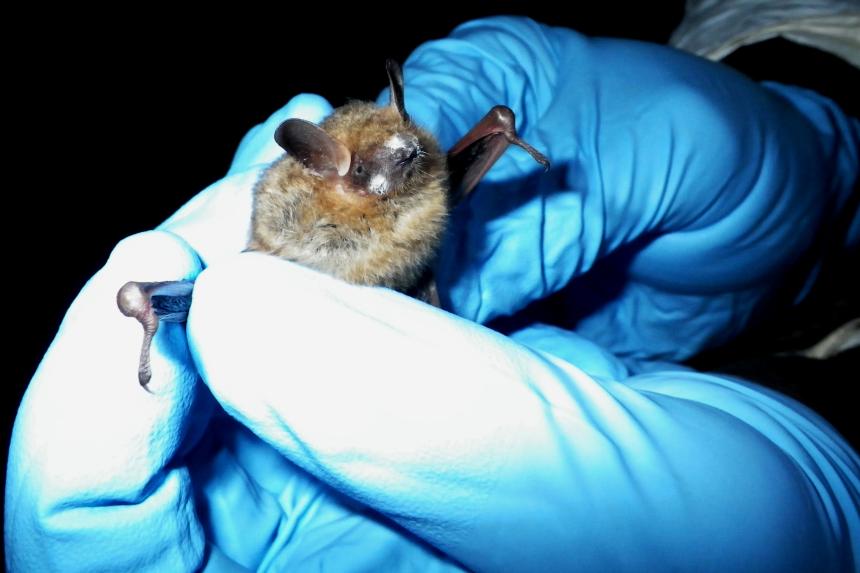
September 26, 2022
The U.S. Fish and Wildlife Service is proposing listing the tricolored bat as endangered after its population declined due to white-nose syndrome. Cornell's Dr. Elizabeth Buckles notes that the tricolored bat in particular has been in trouble for a long time and that this decision is long overdue.
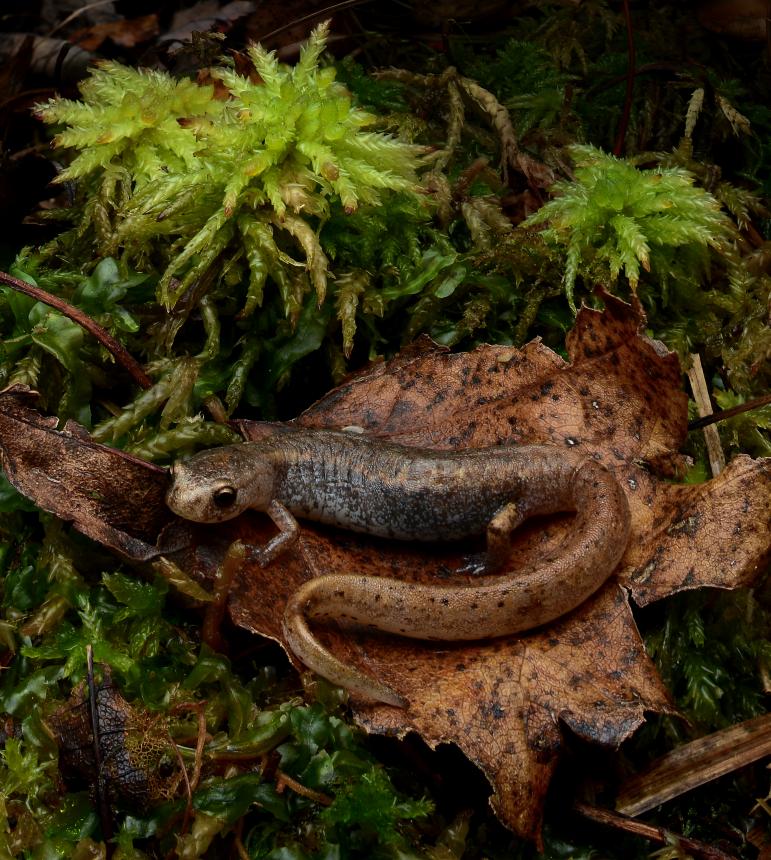
For Your Information
June 30, 2022
Successful conservation efforts for threatened species depend on accurate characterization of their distribution, habitat use, and threats. Environmental DNA (eDNA) monitoring can provide a sensitive and noninvasive alternative to traditional surveillance techniques.
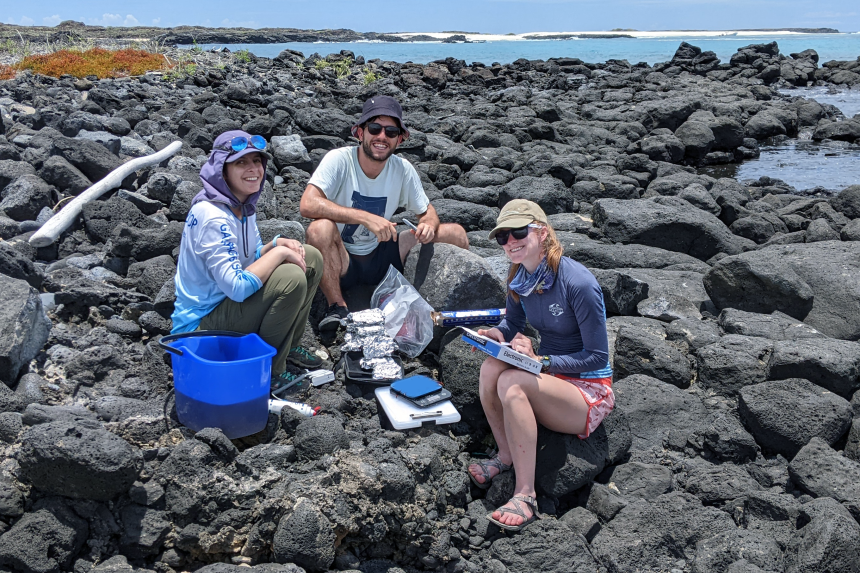
June 24, 2022
The equatorial sun is fierce and radiates off the field of lava rocks that make up the rugged shoreline. My co-investigators and I are swiftly processing twenty Sally Lightfoot crabs that were collected from the nearby rocks. For each crab we individually identify them, measure dimensions, obtain a body weight, perform a physical exam, and count a heart rate to assess their health....
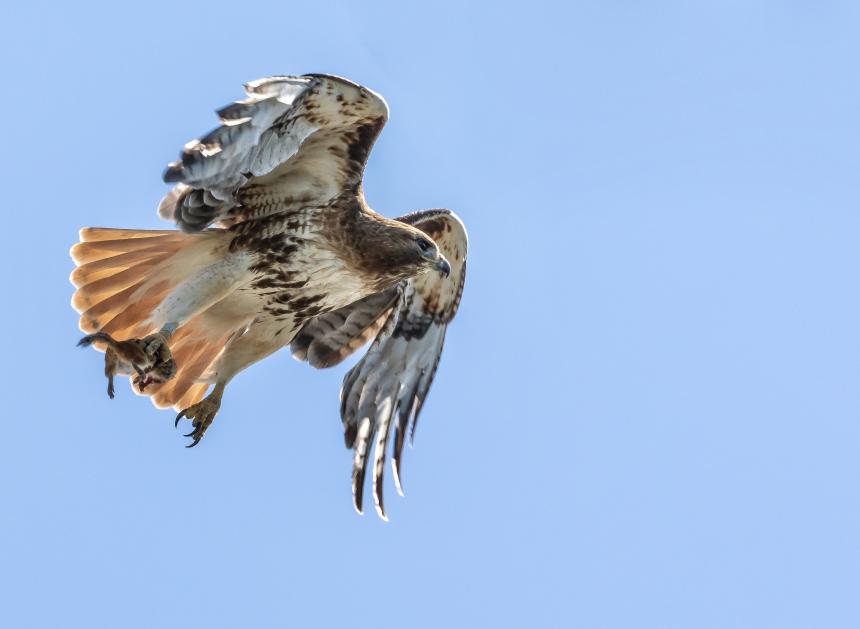
For Your Information
June 17, 2022
Anticoagulant rodenticides continue to be used across the U.S. as a method for controlling pest rodent species. As a consequence, wild birds of prey are exposed to these toxicants by eating poisoned prey items.
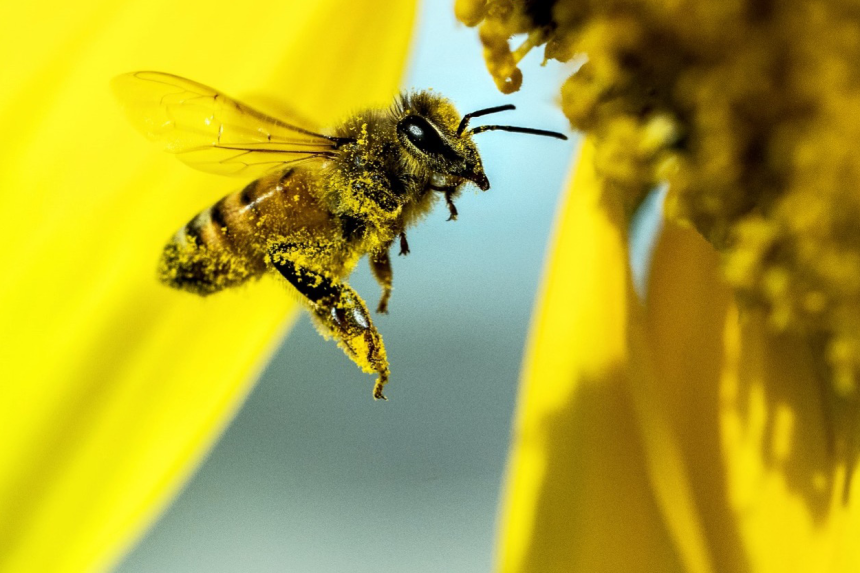
May 20, 2022
by
Karyn Bischoff (emeritus)
I have an affinity for bees. I came by it honestly: my grandfather was a beekeeper. Upon his death decades ago, I was allowed to take a few small keepsakes from his home; one of my choices was his beekeeping book, “The Hive and the Honey Bee, Edited by Roy A. Grout.” His copy was printed in 1954, but the history of the book dates a 101 years earlier (authored by Langstroth) and continued through 2015 (edited by Graham)....

May 05, 2022
Cornell veterinary student Laura Donohue, DVM '22, showcases her artistic talent and passion for animals in a new book, "Wildlife Health and Disease in Conservation," featuring >100 illustrations depicting common wildlife disease cycles and their social, cultural and economic influences.
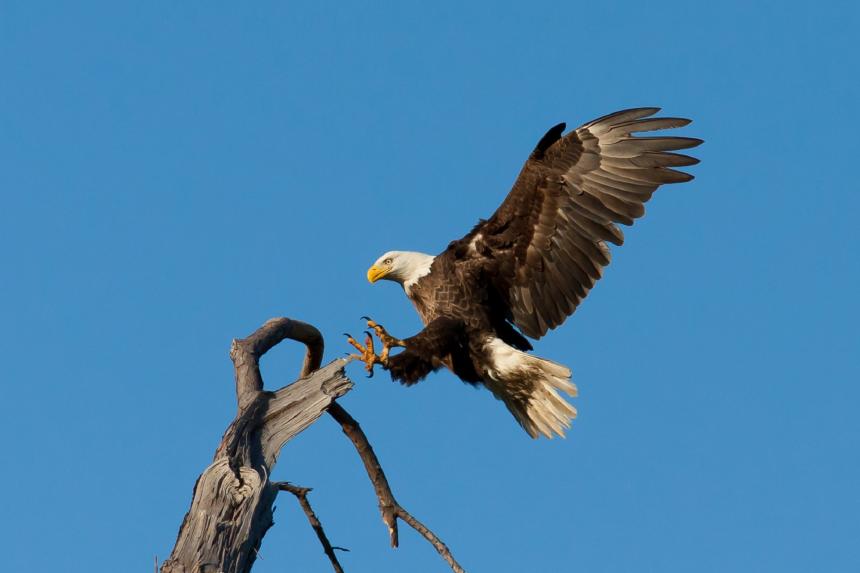
April 25, 2022
With millions of chickens on commercial poultry farms sickened and dying from a highly virulent strain of avian flu in recent months, it might have escaped notice that some of the nation’s most stunning wild birds have also been felled by the virus.
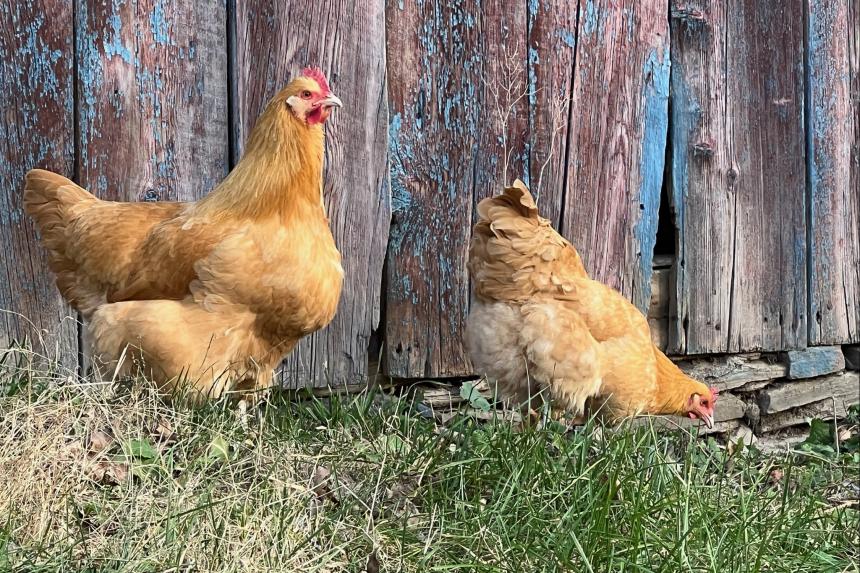
April 19, 2022
Dr. Elizabeth Buckles, assistant clinical professor and wildlife pathologist at Cornell University College of Veterinary Medicine, says it's important to keep chickens and turkeys away from wild birds to prevent the H5N1 virus from entering our food supply.
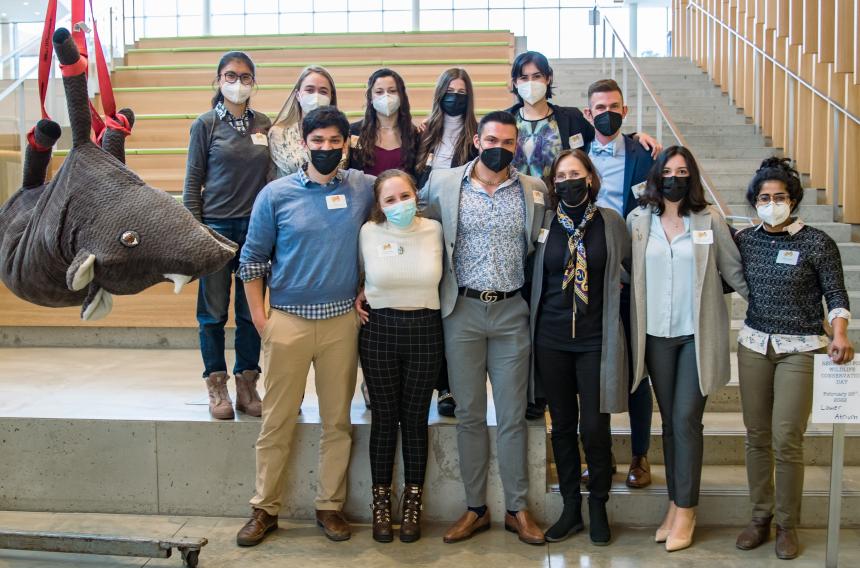
March 21, 2022
Cornell’s Zoo and Wildlife Society hosted its first Wildlife Conservation Day Feb. 26, a one-day symposium devoted to education and training for students with an interest in non-domestic species.
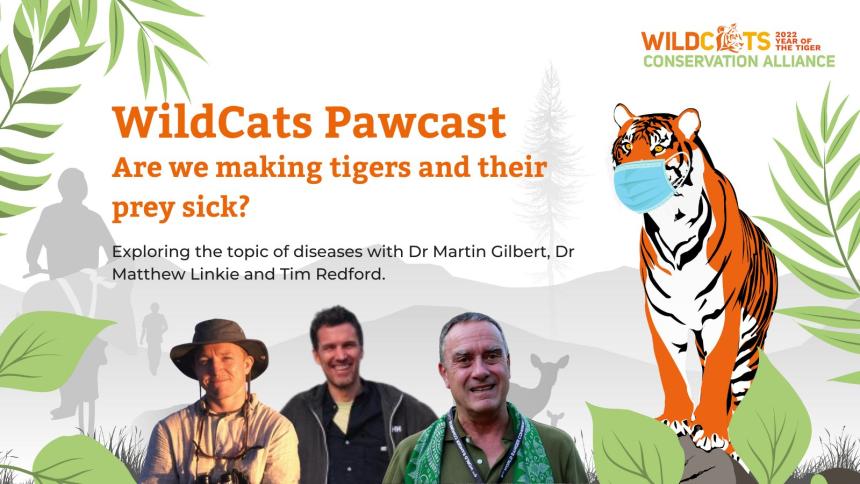
Podcast
February 25, 2022
Listen to our Wild Carnivore Health Specialist Dr. Martin Gilbert and other big cat conservationists discuss the impacts of infectious diseases on tiger populations in the first episode of WildCats Pawcast, a brand-new podcast from WildCats Conservation Alliance.
